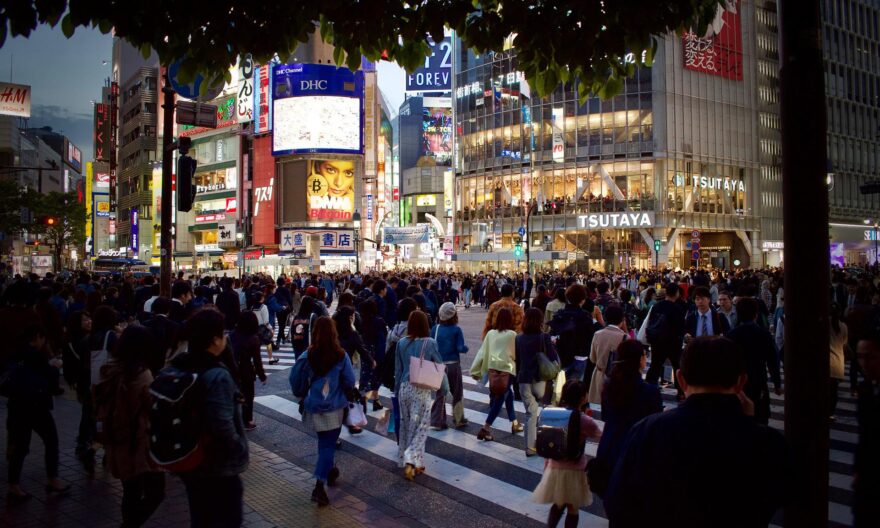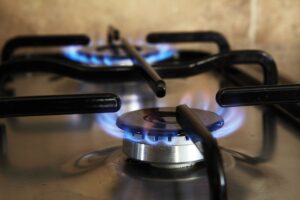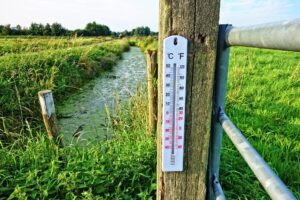
As a record-breaking heatwave continues in Japan, the government has urged people and businesses in Tokyo and the surrounding areas to do whatever they can to reduce electricity consumption, after fears were raised that there could be shortages.
The city of Isesaki, northwest of the capital, saw a record temperature of over 40.2C over the weekend. Also, Tokyo has had highs of over 35C for four days in a row for the first time on record in June – the last time temperatures were consistently high in June was 1875.
Temperatures are usually below 30C in June, which marks the start of the summer in Japan. This year’s rainy season was three weeks shorter than average, meaning very dry conditions.
So far, nearly 100 people have been hospitalized and 37 million people in the area around Tokyo have been told to save electricity to deal with high temperatures straining power supplies.
Approximately a quarter of the country’s population is elderly, which puts them at a greater risk of serious heat-related illnesses like dehydration, heat exhaustion, and shock.
The Ministry of Economy, Trade and Industry said that it expects demand for power to be “severe” in the coming days.
In a statement, the ministry asked people to switch off lights but to continue “properly using air conditioning and hydrating during hot hours”.
It also said: “If there is an increase in demand and sudden supply troubles, the reserve margin will fall below the minimum required of 3%.”
Power supplies have been tight since an earthquake in March meant some nuclear power plants suspended operations. This, along with a surge in demand for electricity to keep air conditioning switched on, is leading to shortages.
The Japanese government has asked businesses and households to reduce usage between 3 pm and 6 pm by switching lights off. The Prime Minister has also introduced a rewards system for households that reduce their energy usage.



